I created this collection as a joke. Hope you enjoy it!
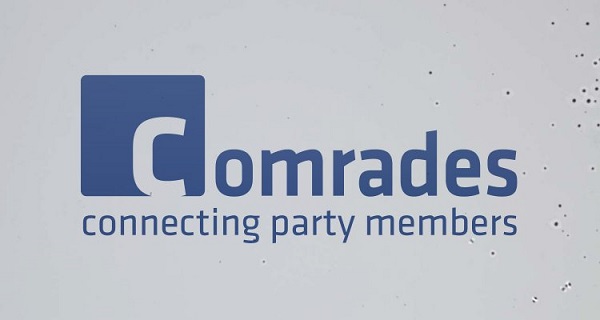
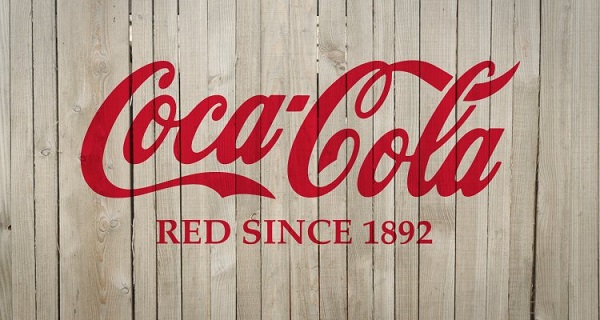
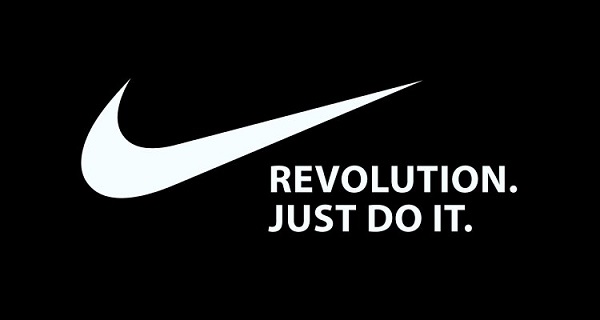
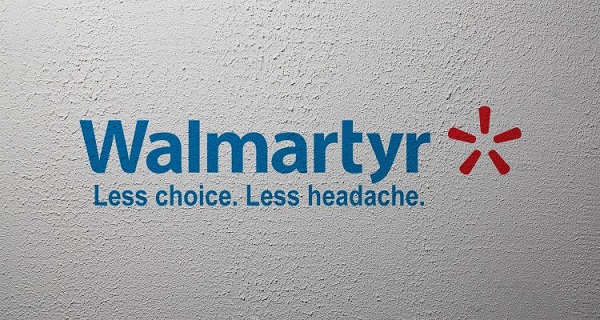
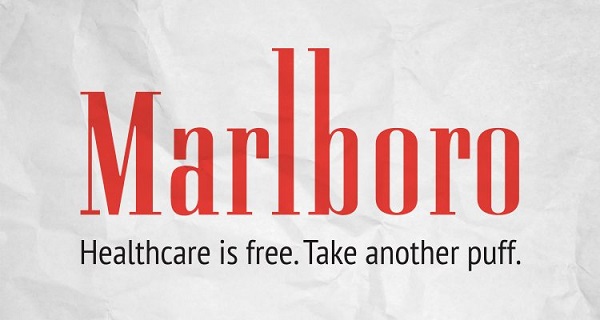

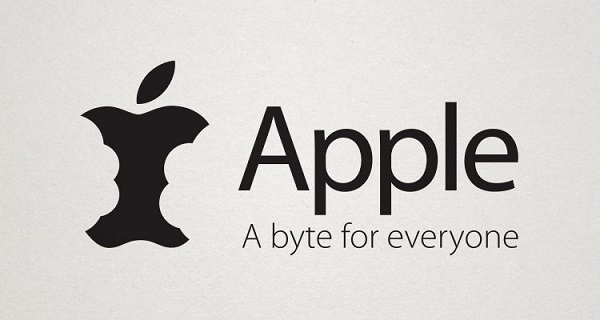
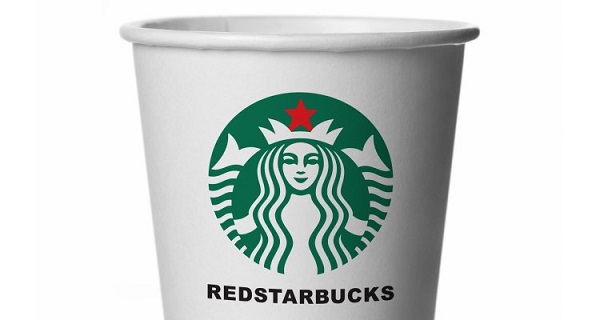
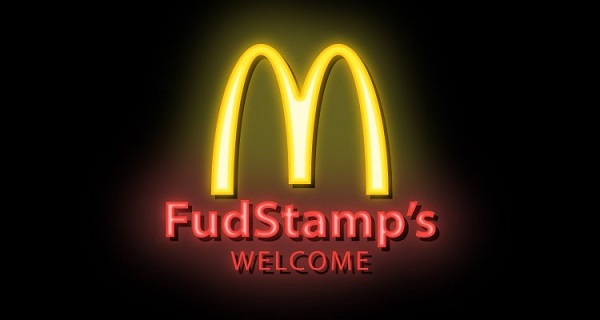
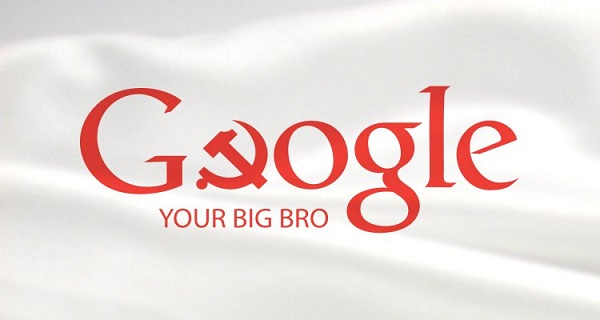
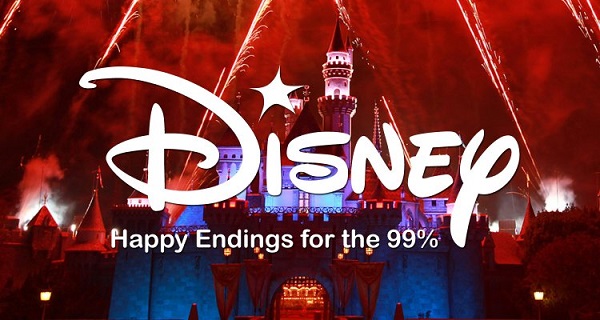
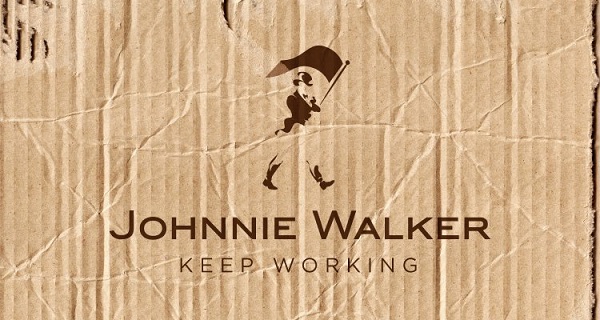
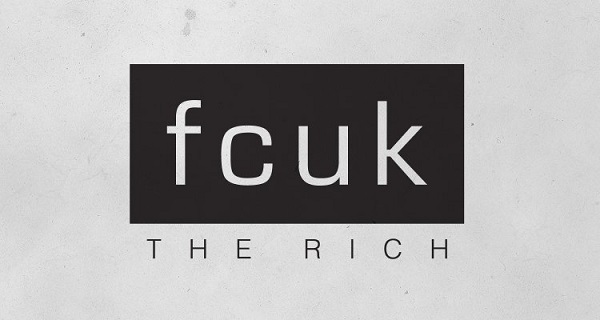
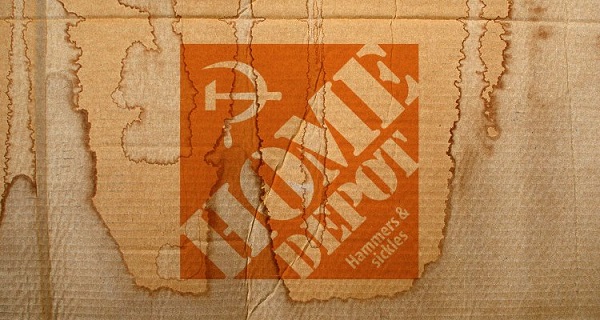
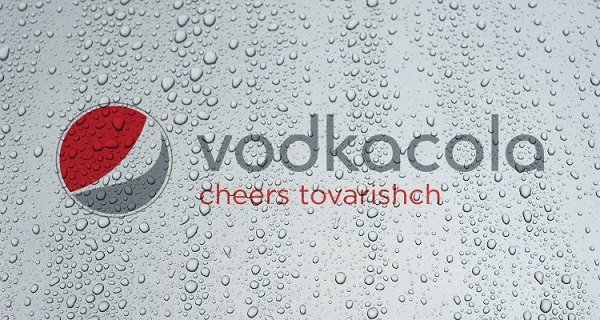
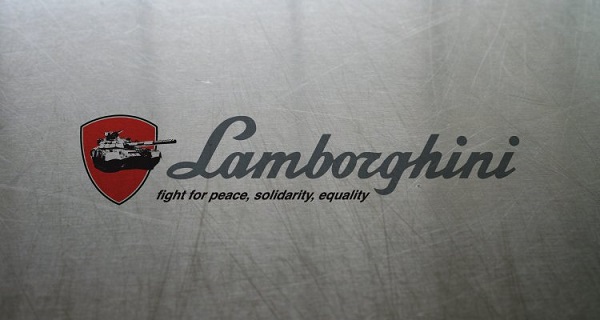
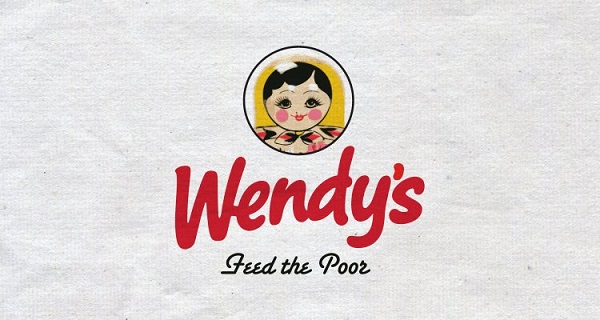
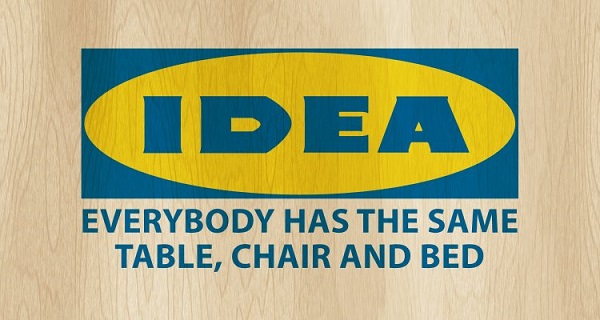

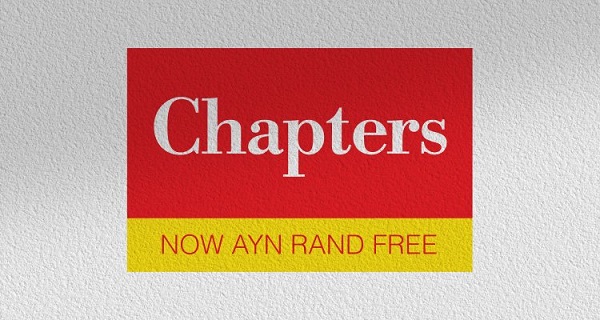
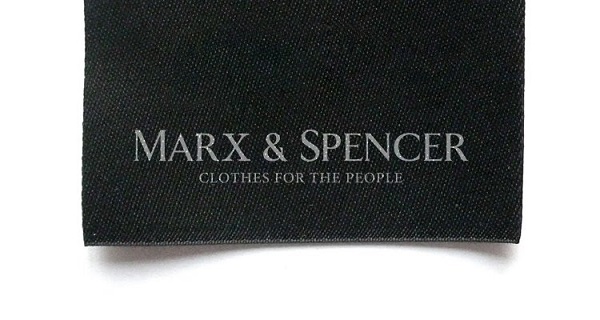

Also, check out For fun: The past and the future(!) of famous logos
I created this collection as a joke. Hope you enjoy it!






















Also, check out For fun: The past and the future(!) of famous logos
A study in irony?

I like the Google one, except for that “big bro” tagline.
Otherwise, I feel I could do better. These don’t really fit communist ideals for the most part.
Though, It depends if you’re trying to fit the Karl Marx idea of communism, or what the American people deal communists.
Man, communism sure looked good on paper. implementation sure did prove difficult.
Sorry Mr. Marx.
Please do give it a try! 
Just my aging mind thinkin’ too much:
I can’t get on board with this kind of stuff. It doesn’t bother me so much that someone does such things as an exercise. (I have myself at times in the past, but I simply couldn’t spend the time these days.) But now that we all “live” online, posting them openly like this is an affront to respect for brand integrity; the kind of reverence I wish still existed, but is decaying rapidly across many concepts once known as “disciplines”. I know if I held an interest in any one of these trademarks, I’d now be taking some action or other to get this thread taken down. Sorry Ivan.
I hear you. These were done like 6 years ago and posted on a site that is no longer online. Numerous sites copied the content. No brand complained so far. But I would not have a problem if they did. I can just pull it.
I believe you could argue the case as being “satire.”
If you wanted to argue.
It’s not much different from any of the other logo spoofs out there.
Yeah, that could work in response to a legal action, but it’s somewhat beside the point I was trying to make about general respect for brand integrity, which could boil down to: You don’t phck with someone’s logo.
I once had an impression that was a sort of unwritten code among graphic designers. Maybe I was wrong.
These things have been around for almost 50 years (YIKES!!!)
Wish I’d kept my collection of them
https://www.google.com/search?q=wacky+packs&client=firefox-b-1&source=lnms&tbm=isch&sa=X&ved=0ahUKEwiZuu6MhJHgAhUNMt8KHVP9AOMQ_AUIDygC&biw=1426&bih=694
I remember a discussion along these lines on the old forum about altering social media logo colors to make them all line up nicely and match the website being designed.
Since the social media company’s business models depended on unpaid, prominent links from other websites to theirs, it would be counterproductive and unlikely for them to make a fuss over minor alternations to their logos — especially given that it had become common practice to do so.
So legal questions aside, the first argument was that a website designer should honor and adhere to the brand guidelines of the individual social media companies.
The second argument was that the designer’s priority was to the client and the website being designed — not the brand guidelines of another company.
I agreed with the second argument and still do. If, for example, Twitter was paying to have their logo on the website and that payment came with exacting requirements, fine, that’s what I would do. In the absence of that, however, my first concern would be the website I was designing, not Twitter’s branding guidelines.
I guess what I’m saying is that I see nothing inviolable about another company’s branding preferences — their branding is their concern, not everyone else’s. There might be practical, monetary, contractual and, sometimes, legal considerations, but in the absence of these things, I see no principled imperative whatsoever in following the internal rules of another company — especially when doing so runs counter to my or my client’s interests.
When I worked at a newspaper, we would often get requests from companies about how to use their names in stories. For example, a hypothetical company with the legal name Astrid Industrial Nut and Bolt Manufacturing International, Inc. might have sent us a note requesting that we use the full legal name of their company in first reference in any story mentioning them.
Those requests would be read then mostly ignored since our interests were in clarity to our readers who knew the company simply as Astrid, not the long, cumbersome legal name the company, for whatever reason, preferred.
Yes, I also would not disagree with:
But that’s because doing so improves the overall presentation, preserves brand recognition, and doesn’t cast undesirable attributes; a far cry from morphing a portion of someone’s word mark into a communist icon or portraying a beloved brand representative as the militant leader of a murderous regime.
That’s true, but it sounds like you’re drawing the boundary between what’s OK and what’s not in messing around with other company’s brand at another seemingly arbitrary point. 
Anyway, harmless, non-accusatory satire where, for example, Colonel Sanders is depicted as Comrade Colonel wearing a Che Guevara hat does no harm to the Kentucky Fried Chicken brand. Considering the context, there’s nothing malicious about it, and no attempt is being made to smear the company with accusations of harboring communist sympathies. These branding rethinks (if that’s a word) are just bits of harmless fun that, arguably, benefits the companies involved from the increased exposure of being playfully satirized.
With the qualifications in your statement, I wouldn’t disagree with it, but a defaced brand image posted online presents universal availability to anyone who might deploy it in other, potentially harmful context without even requiring them to do the skilled aspects of the defacing. I disagree with your assertion that there is no potential for harm here. In my view, the simple disrespect is harmful. I’ve always thought of brand image as sacred territory, so to speak, especially among those of us who perform the disciplines under which it is formulated. For some reason I thought we would all feel that way, but like I said in a previous post, I realize now I was wrong. I’m not even sure why I’d make such a silly assumption. I get the humor, and I’m almost never opposed to irreverence, but I’m opposed to this—in my gut. So maybe it really is just me; a lot of things are.
Same here. There’s been more than a few occasions when what seems a given to me were just my misplaced assumptions. This might be the case this time too.
This discussion reminds me of something I heard a few years ago on a news show. A politician was being interviewed who had just been the subject of a less-than-flattering skit on Saturday Night Live. When asked if he was offended by it, he said something to the effect of, “Are you kidding? I’ve become famous enough to be parodied on national television. My career must be really taking off.” I suppose it’s a variation of the saying, “All publicity is good publicity, as long as they spell your name right.”